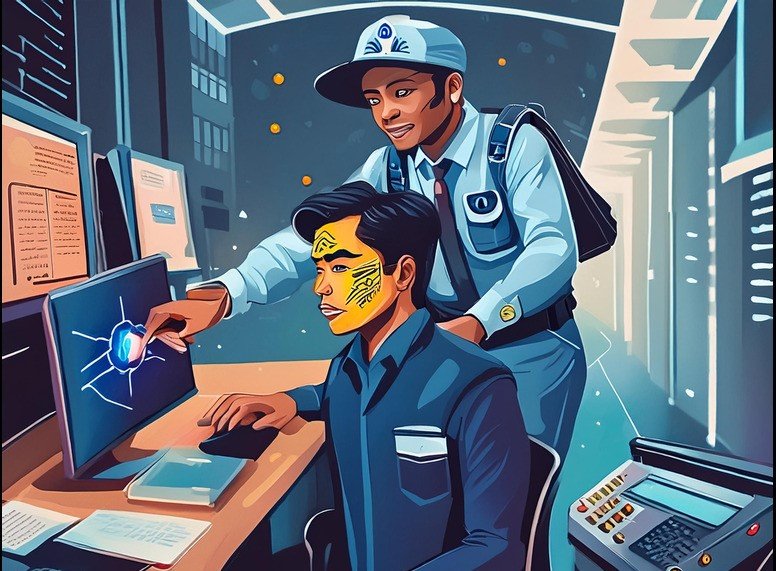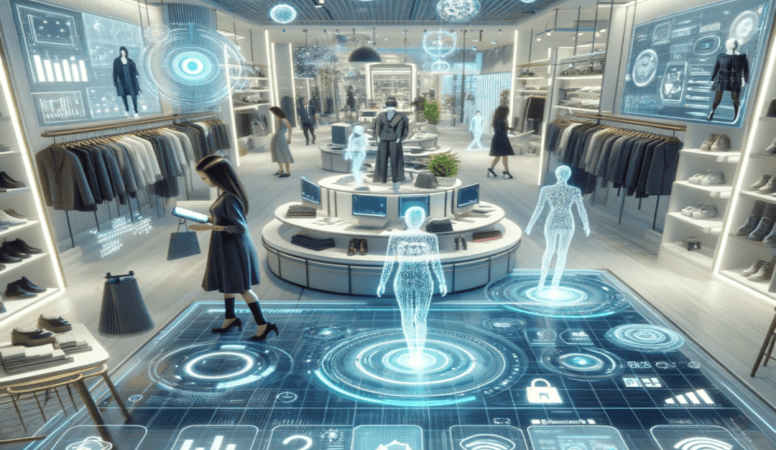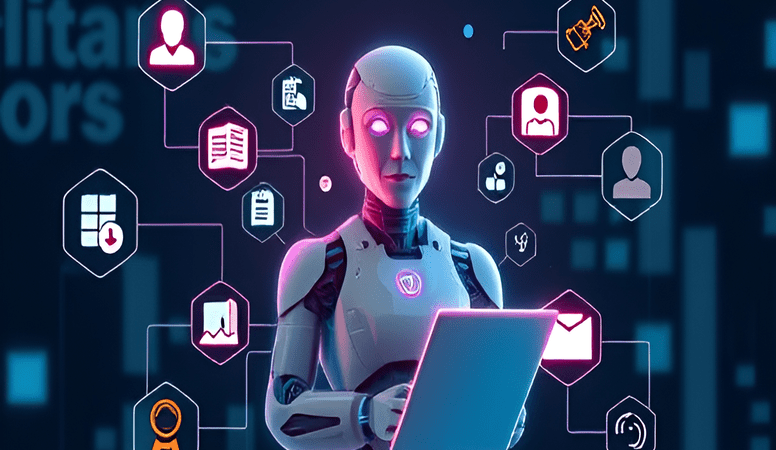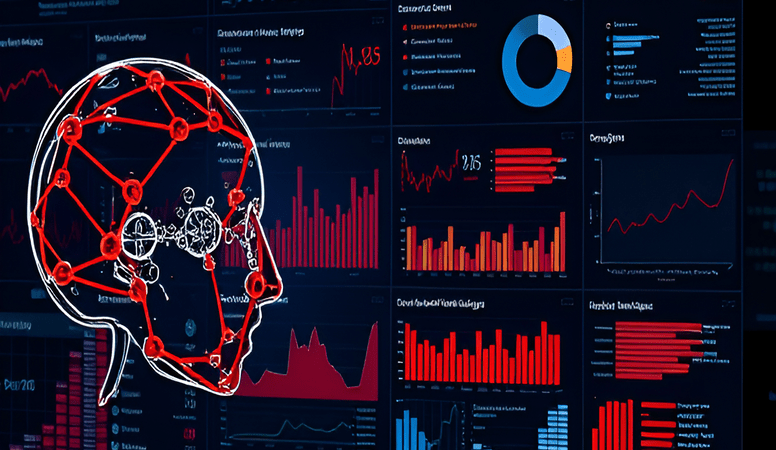Artificial Intelligence (AI) is changing the face of criminology and police administration. It offers advanced tools that improve public safety, prevent crimes, and increase law enforcement efficiency. Technologies like predictive analytics, facial recognition, and natural language processing (NLP) allow police to analyze large data sets, identify patterns, and predict criminal activities. Therefore, AI is revolutionizing how police forces operate, making crime-solving smarter and faster.
AI in Criminology and Police Work: A New Era of Crime-Fighting
AI has become a vital assistant for police officers and detectives. Instead of patrolling the streets as robots, AI works behind the scenes to process information quickly and accurately. Consequently, it helps law enforcement solve crimes more efficiently.
Pattern Recognition: AI’s Superpower
One of AI’s biggest strengths is pattern recognition. For example, AI can scan through massive amounts of data to find hidden links. What might take humans years, AI can do in minutes. This could involve tracking a suspicious vehicle or identifying crime hotspots.
Traffic Monitoring: AI’s Extra Eyes on the Road
AI also helps in traffic control. It acts as a watchful eye that never tires. AI systems monitor traffic violations, detect reckless driving, and prevent accidents. Consequently, roads become safer while officers can focus on more urgent tasks.
Predictive Policing: AI’s Crystal Ball
AI can forecast crimes by analyzing past data. It predicts when and where crimes are likely to occur. As a result, law enforcement can allocate resources proactively and prevent incidents before they happen.
Supporting Rehabilitation: AI’s Human Side
AI is not only about catching criminals. It also supports rehabilitation efforts. For instance, AI can assess if a person with a criminal record is at risk of reoffending. This helps design intervention programs and reduces repeat offenses.
The AI Debate: Addressing Ethical Concerns
However, AI in policing comes with challenges. There’s an ongoing debate about data bias, privacy, and fairness. If AI systems are trained on biased data, it can lead to unfair treatment. Therefore, transparency and ethical AI usage are crucial to maintain public trust.
Major Benefits of AI in Criminology and Police Administration
Predictive Policing
AI analyzes historical crime data to forecast future incidents. Thus, police can focus resources on high-risk areas and prevent crimes.
Facial Recognition
AI-powered facial recognition quickly identifies suspects by matching faces with database images. This speeds up investigations and improves accuracy.
Crime Pattern Analysis
AI detects trends and patterns in criminal behavior. This helps law enforcement understand crime hotspots and suspect behavior more efficiently.
Risk Assessment
AI tools evaluate individuals’ risk levels during surveillance or criminal investigations. Consequently, authorities can make informed decisions on parole or probation.
Digital Evidence Analysis
AI assists in analyzing digital evidence like videos, images, and audio files. This speeds up forensic investigations and enhances case-solving.
Automated Transcription and Translation
AI-powered tools transcribe and translate multilingual conversations. This helps police agencies process evidence and gather intelligence more effectively.
Social Media Sentiment Analysis
AI monitors social media platforms for public sentiment and potential threats. Therefore, police can respond proactively to prevent incidents.
Optimizing Resource Allocation
AI helps deploy police resources smartly by analyzing crime rates and population data. This ensures better emergency responses and effective policing.
Virtual Assistants for Public Interaction
AI chatbots handle routine public inquiries, provide information, and reduce administrative workload. Consequently, officers can focus on critical duties.
AI-Based Training and Simulation
AI simulations train officers in realistic crime scenarios. This enhances their decision-making skills and reaction times in real-life situations.
Conclusion: A Smarter Future for Law Enforcement
AI is becoming a vital partner in criminology and police administration. It boosts efficiency, improves crime-solving capabilities, and strengthens public safety efforts. However, it’s essential to use AI ethically and fairly. With careful monitoring, AI can continue to transform policing, making communities safer and law enforcement more proactive.








